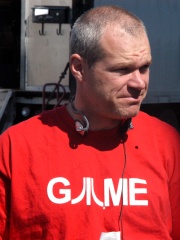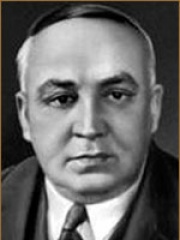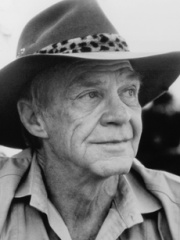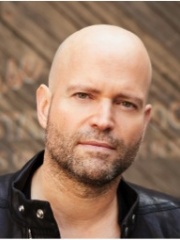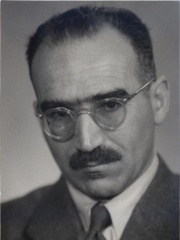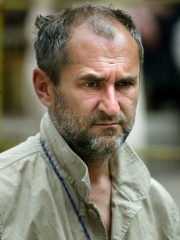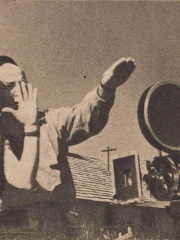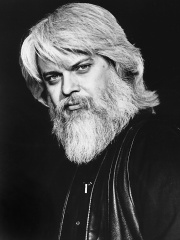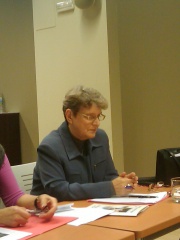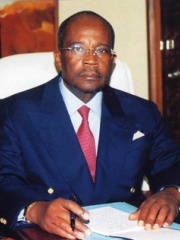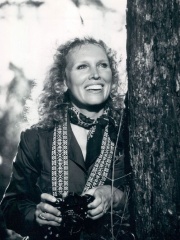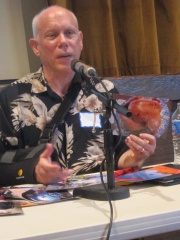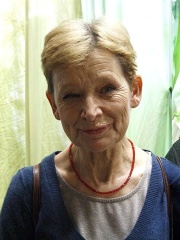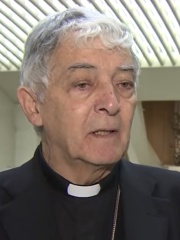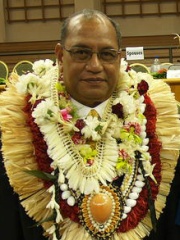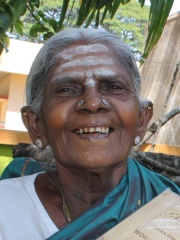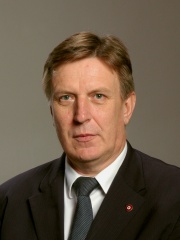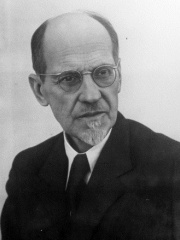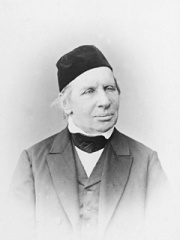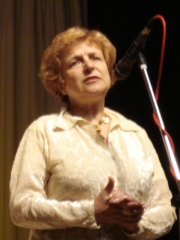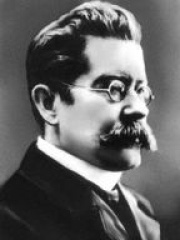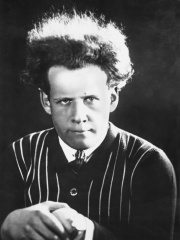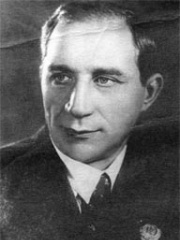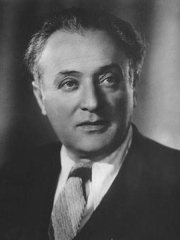Filmregisseur
Rosa von Praunheim
1942 - 2025
NL.WIKIPEDIA PAGE VIEWS (PV)
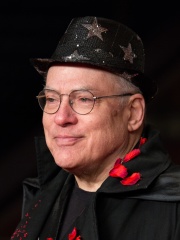
 Rosa von Praunheim
Rosa von Praunheim
Zijn biografie is beschikbaar in 17 verschillende talen op Wikipedia. Rosa von Praunheim staat op plaats 905 onder de meest populaire filmregisseur (gedaald van plaats 844 in 2024), plaats 129 onder de meest populaire biografieën uit Letland (gedaald van plaats 116 in 2019) en op plaats 2 onder de populairste filmregisseur uit Letland.
Memorability Metrics
Page views of Rosa von Praunheim by language
Among Filmregisseurs
Among filmregisseurs, Rosa von Praunheim ranks 905 out of 2,041. Before him are Dante Ferretti, Andy Muschietti, Uwe Boll, Vladimir Gardin, Ennio de Concini, and Jamie Uys. After him are Marc Forster, Aleksander Ford, Piotr Szulkin, Erika Lust, Wanda Jakubowska, and Philippe Rousselot.
Most Popular Filmregisseurs in Wikipedia
Go to all RankingsDante Ferretti
1943 - Present
HPI: 57.29
Rank: 899
Andy Muschietti
1973 - Present
HPI: 57.29
Rank: 900
Uwe Boll
1965 - Present
HPI: 57.27
Rank: 901
Vladimir Gardin
1877 - 1965
HPI: 57.25
Rank: 902
Ennio de Concini
1923 - 2008
HPI: 57.22
Rank: 903
Jamie Uys
1921 - 1996
HPI: 57.22
Rank: 904
Rosa von Praunheim
1942 - 2025
HPI: 57.20
Rank: 905
Marc Forster
1969 - Present
HPI: 57.19
Rank: 906
Aleksander Ford
1908 - 1980
HPI: 57.19
Rank: 907
Piotr Szulkin
1950 - 2018
HPI: 57.19
Rank: 908
Erika Lust
1977 - Present
HPI: 57.18
Rank: 909
Wanda Jakubowska
1907 - 1998
HPI: 57.17
Rank: 910
Philippe Rousselot
1945 - Present
HPI: 57.13
Rank: 911
Contemporaries
Among people born in 1942, Rosa von Praunheim ranks 399. Before him are Tomasz Stańko, Leon Russell, Erika Blanc, Lupe Ontiveros, Svetlana Gannushkina, and Charmian Carr. After him are Eric Shinseki, Casimir Oyé-Mba, Béla Károlyi, Jerry Sloan, Jean Ping, and Susan Anspach. Among people deceased in 2025, Rosa von Praunheim ranks 316. Before him are Bill Atkinson, Jadwiga Jankowska-Cieślak, Cristóbal Ortega, Edoardo Menichelli, Jorge Costa, and Djamel Menad. After him are Christopher Loeak, Raila Odinga, Klaus Doldinger, Park Sung-soo, Masato Harada, and Saalumarada Thimmakka.
Others Born in 1942
Go to all RankingsTomasz Stańko
MUSICIAN
1942 - 2018
HPI: 57.36
Rank: 393
Leon Russell
SINGER
1942 - 2016
HPI: 57.35
Rank: 394
Erika Blanc
ACTOR
1942 - Present
HPI: 57.35
Rank: 395
Lupe Ontiveros
ACTOR
1942 - 2012
HPI: 57.34
Rank: 396
Svetlana Gannushkina
MATHEMATICIAN
1942 - Present
HPI: 57.28
Rank: 397
Charmian Carr
ACTOR
1942 - 2016
HPI: 57.28
Rank: 398
Rosa von Praunheim
FILM DIRECTOR
1942 - 2025
HPI: 57.20
Rank: 399
Eric Shinseki
POLITICIAN
1942 - Present
HPI: 57.17
Rank: 400
Casimir Oyé-Mba
POLITICIAN
1942 - 2021
HPI: 57.17
Rank: 401
Béla Károlyi
POLITICIAN
1942 - 2024
HPI: 57.14
Rank: 402
Jerry Sloan
BASKETBALL PLAYER
1942 - 2020
HPI: 57.13
Rank: 403
Jean Ping
POLITICIAN
1942 - Present
HPI: 57.13
Rank: 404
Susan Anspach
ACTOR
1942 - 2018
HPI: 57.09
Rank: 405
Others Deceased in 2025
Go to all RankingsBill Atkinson
INVENTOR
1951 - 2025
HPI: 57.38
Rank: 310
Jadwiga Jankowska-Cieślak
ACTOR
1951 - 2025
HPI: 57.38
Rank: 311
Cristóbal Ortega
SOCCER PLAYER
1956 - 2025
HPI: 57.30
Rank: 312
Edoardo Menichelli
RELIGIOUS FIGURE
1939 - 2025
HPI: 57.28
Rank: 313
Jorge Costa
SOCCER PLAYER
1971 - 2025
HPI: 57.24
Rank: 314
Djamel Menad
SOCCER PLAYER
1960 - 2025
HPI: 57.22
Rank: 315
Rosa von Praunheim
FILM DIRECTOR
1942 - 2025
HPI: 57.20
Rank: 316
Christopher Loeak
POLITICIAN
1952 - 2025
HPI: 57.19
Rank: 317
Raila Odinga
POLITICIAN
1945 - 2025
HPI: 57.13
Rank: 318
Klaus Doldinger
MUSICIAN
1936 - 2025
HPI: 57.09
Rank: 319
Park Sung-soo
ATHLETE
1970 - 2025
HPI: 56.98
Rank: 320
Masato Harada
FILM DIRECTOR
1949 - 2025
HPI: 56.98
Rank: 321
Saalumarada Thimmakka
SOCIAL ACTIVIST
1911 - 2025
HPI: 56.96
Rank: 322
In Letland
Among people born in Letland, Rosa von Praunheim ranks 129 out of NaN. Before him are Anna Brigadere (1861), Anatoly Solovyev (1948), Māris Kučinskis (1961), Augusts Kirhenšteins (1872), Andris Piebalgs (1957), and Helmuts Balderis (1952). After him are Astrid Ivask (1926), Otto August Rosenberger (1800), Tatjana Ždanoka (1950), Jānis Ivanovs (1906), Rūdolfs Blaumanis (1863), and Vitas (1979).
Others born in Letland
Go to all RankingsAnna Brigadere
WRITER
1861 - 1933
HPI: 57.57
Rank: 123
Anatoly Solovyev
ASTRONAUT
1948 - Present
HPI: 57.51
Rank: 124
Māris Kučinskis
POLITICIAN
1961 - Present
HPI: 57.50
Rank: 125
Augusts Kirhenšteins
POLITICIAN
1872 - 1963
HPI: 57.42
Rank: 126
Andris Piebalgs
POLITICIAN
1957 - Present
HPI: 57.35
Rank: 127
Helmuts Balderis
POLITICIAN
1952 - Present
HPI: 57.26
Rank: 128
Rosa von Praunheim
FILM DIRECTOR
1942 - 2025
HPI: 57.20
Rank: 129
Astrid Ivask
WRITER
1926 - 2015
HPI: 57.17
Rank: 130
Otto August Rosenberger
ASTRONOMER
1800 - 1890
HPI: 57.13
Rank: 131
Tatjana Ždanoka
POLITICIAN
1950 - Present
HPI: 57.12
Rank: 132
Jānis Ivanovs
COMPOSER
1906 - 1983
HPI: 57.10
Rank: 133
Rūdolfs Blaumanis
WRITER
1863 - 1908
HPI: 57.09
Rank: 134
Vitas
MUSICIAN
1979 - Present
HPI: 56.99
Rank: 135
Among Filmregisseurs In Letland
Among filmregisseurs born in Letland, Rosa von Praunheim ranks 2. Before him are Sergei Eisenstein (1898). After him are Eduard Tisse (1897), Fridrikh Ermler (1898), and Nikolai Ekk (1902).
Sergei Eisenstein
1898 - 1948
HPI: 80.15
Rank: 1
Rosa von Praunheim
1942 - 2025
HPI: 57.20
Rank: 2
Eduard Tisse
1897 - 1961
HPI: 56.05
Rank: 3
Fridrikh Ermler
1898 - 1967
HPI: 55.57
Rank: 4
Nikolai Ekk
1902 - 1976
HPI: 50.95
Rank: 5


